Charlie Baker defends coronavirus vaccine rollout as Massachusetts lags behind its neighbors
"Honestly, I just don't think that's the way we should do this."
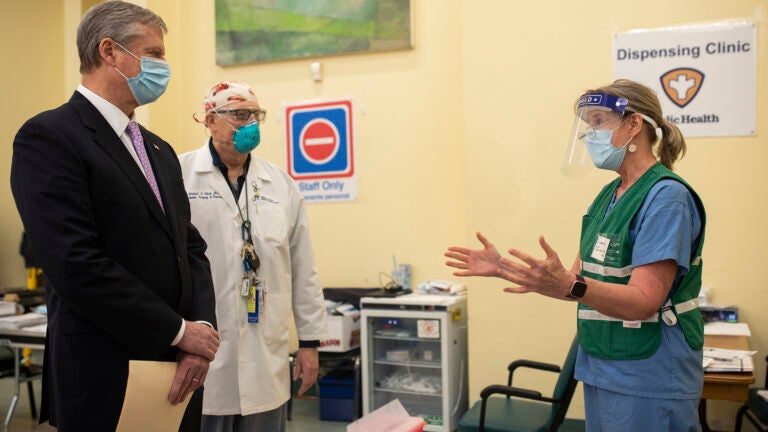
Massachusetts is set to begin offering COVID-19 vaccines to individuals in congregate care settings next week, the latest group to become eligible as officials work through the first phase of the state’s rollout.However, with the pandemic raging, some are questioning why the process isn’t happening faster.According to The Washington Post‘s vaccine distribution tracker, Massachusetts is 26th in the country when it comes the number of people per capita who have gotten their first dose, lagging behind New York and the other New England states. And while the federal government issued new guidance this week urging states to expand the pool of individuals who can get a vaccine, Gov. Charlie Baker is defending his administration’s regimented approach.
“I know this isn’t popular, but I really hope that early on we are able, with the vaccine that’s available, to hit the populations for whom life is most at risk, and for whom the health care system relies on and depends on to provide care,” Baker told reporters during a press conference Wednesday afternoon.
Despite the announcement Tuesday by President Donald Trump’s administration directing states to make vaccines available to all individuals over the age of 65, as well as younger individuals with co-morbidities, Baker said that his administration had received no such guidance.
In the first phase of the current three-phase vaccine rollout in Massachusetts, officials are prioritizing (in this order) frontline health care workers; nursing homes and other long-term care facilities; first responders; congregate care settings, such as homeless shelters and prisons; and other health care workers who are not treating COVID-19 patients.

COVID-19 vaccination timeline during Phase 1 by group.
Massachusetts did recently adjust its vaccine priority order to add individuals who are over the age of 75 or have multiple co-morbidities to the beginning of the second phase of the rollout, which is set to begin next month, if the vaccine shipments from the federal government continue as expected, according to Baker.
The administration also announced Wednesday that individuals in low-income senior housing will be added to the first group in the second phase, which also includes essential workers, such as teachers and grocery stores employees. The rest of the general public likely won’t be eligible to get a vaccine until April.
However, some states have already broadened the rollout to a wider pool of people.
West Virginia, which is leading the country in per-capita vaccinations, is already offering the vaccine to all residents over the age of 80, as well as teachers over the age of 50. Florida put residents over the age of 65 at the very top of the priority list last month. California moved to do the same this week. Other places have even offered leftover doses to literally anyone, regardless of their age.
According to Bloomberg, Massachusetts has used 33.1 percent of its allotted doses, which is tied for 35th highest out of the 50 states. Five states, including Connecticut and Rhode Island, have administered more than 50 percent of their doses.
Some health care professionals in Massachusetts have asked Baker for more flexibility to use up vaccine doses. But the governor stressed Wednesday that efforts should focus strictly on people who are the most vulnerable or exposed to COVID-19.
“I do know that [in] a lot of states people who are the same age as my kids have gotten vaccinated before people who are home health workers or health care workers or long-term care workers or long-term care residents or some of these other populations or people who have multiple co-morbidities and over the age of 70,” he said Wednesday. “Honestly, I just don’t think that’s the way we should do this. I think the focus early on should be on those who have the most to lose, or who are fundamental to our ability to take care of those who have the most to lose.”
While the governor has said the early stages of the rollout have lived up to his “bumpy” expectations, Baker did say that, if the federal distribution of vaccines goes according to projections, Massachusetts could be in a position in “60 to 90 days days” to offer the vaccine to the broader population.
Earlier this week, the state announced its first mass vaccination site at Gillette Stadium in Foxborough, which will first only serve first responders. But officials hope to make it available to the general public once they’re eligible. Other potential mass vaccination sites, such as Fenway Park, are also being discussed.
Secretary of State Bill Galvin suggested Thursday that the state experiment with setting up vaccination centers adjacent to polling places in upcoming local elections this spring to serve eligible populations.
The push comes as Massachusetts continues to see high rates of COVID-19 infections and hospitalizations. The state currently has the highest number of new daily cases per capita in the country, according to Brown University’s coronavirus risk dashboard. And while that can partly be explained by the state’s high COVID-19 testing rate (which is third in the country), Williams College economics professor Pamela Jakiela tweeted this week that the situation, combined with the lagging vaccination rollout, begs the question:
“With so much relevant medical and public health human capital, how are we f*cking it up so badly?” Jakiela wrote.
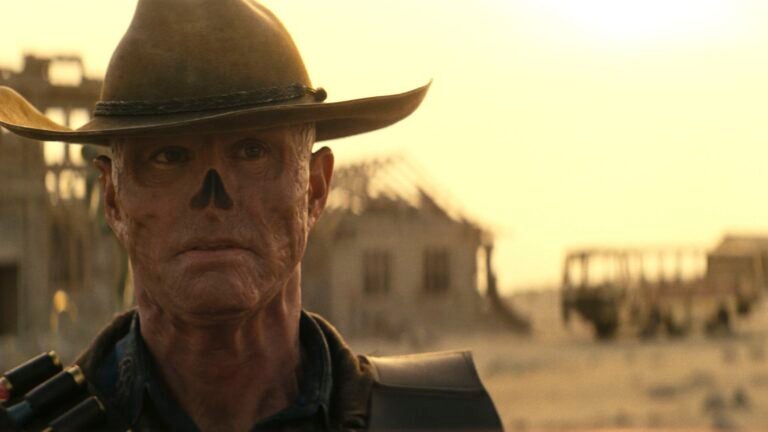

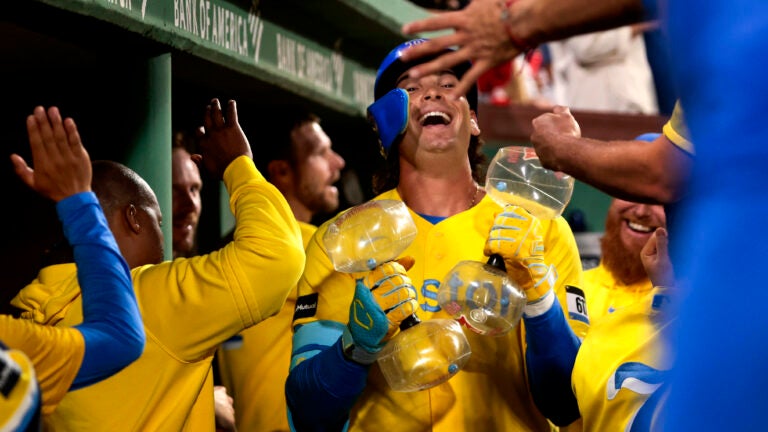
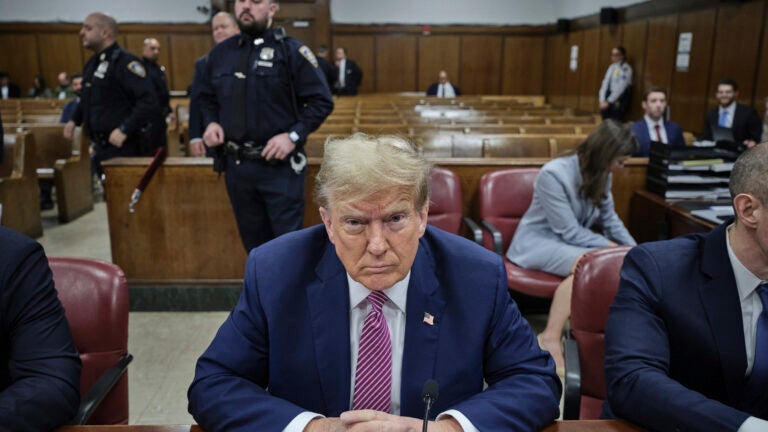
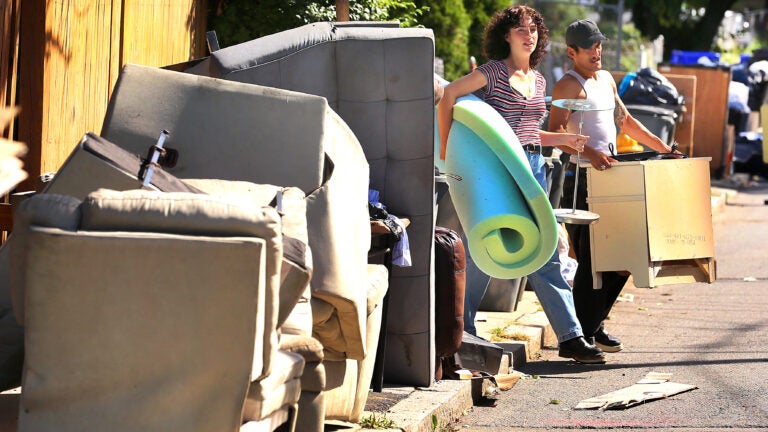
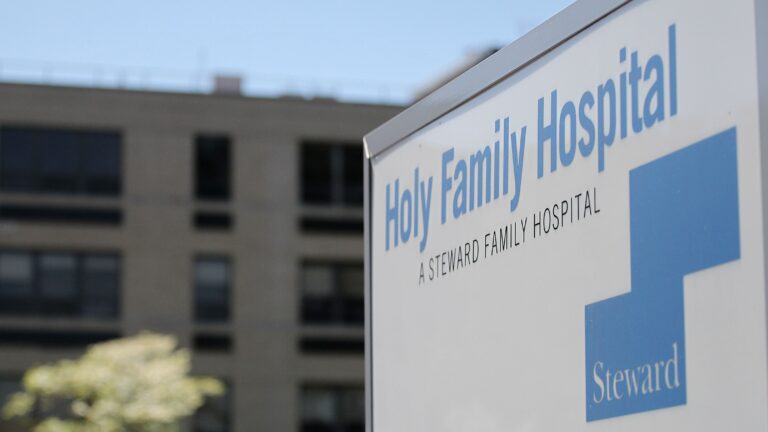
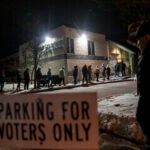
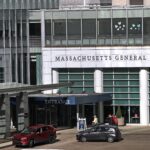
Conversation
This discussion has ended. Please join elsewhere on Boston.com